
Good gut health is fundamental to our overall health and wellbeing. But, according to research, nearly half (43 per cent) of the UK population experience some form of digestive discomfort. This can range from abdominal pain or discomfort to diarrhoea, bloating, flatulence and constipation.
Symptoms such as these might indicate that the gut isn’t functioning as well as it could. Also, poor gut health can affect other areas of our health from immunity to hormone levels and metabolism. Let’s take a look at why gut health is so vitally important, and what we can do to support the gut through diet and lifestyle changes.
Why is gut health so important?
Did you know that the human gut plays host to 40 trillion microbes, which include bacteria, viruses and fungi? This enormous and very complex community that exists inside us is known as the microbiome.
The bacteria in the microbiome play some very important roles in our health and wellbeing. Not only do they digest our food, but they supply essential nutrients, control our metabolism, regulate our immune system and guard against disease-causing bacteria.
You may have heard that 70 per cent of the immune system is located in the gut, meaning that gut health and immune health are inextricably linked. Our hardworking gut bacteria also manufacture neurotransmitters such as serotonin, the so-called happy hormone, which regulates our mood. This is why gut health and mental health are closely linked too.
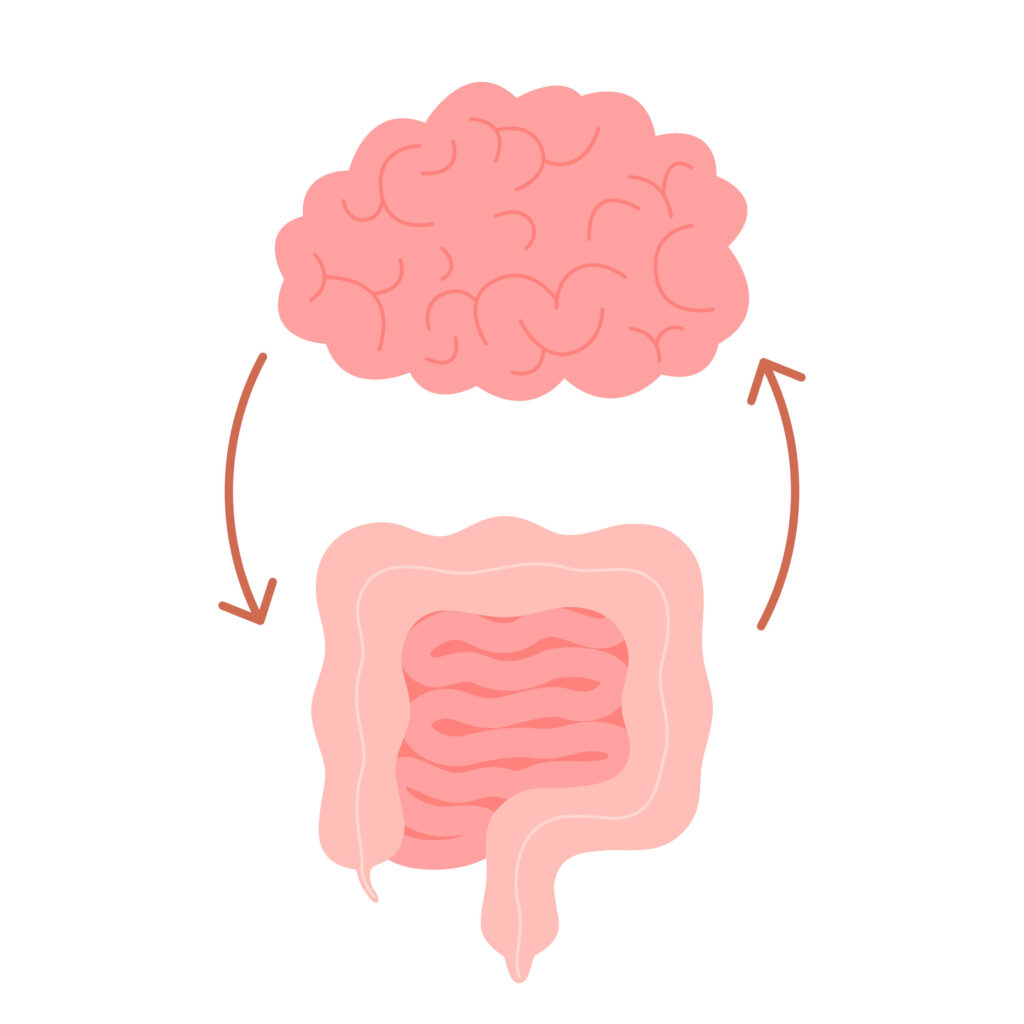
What can cause poor gut health?
Unfortunately, not all our gut bacteria are friendly. When there is an imbalance in our guts, and the unfriendly bacteria outweighs the friendly variety, this can lead to disease. This imbalance is known as dysbiosis and it may cause chronic conditions such as inflammatory bowel disease, obesity and cancer.
Dysbiosis can be caused by many different things such as excessive alcohol intake, frequent courses of antibiotics, high stress, a lack of sleep and a diet that’s high in sugar and processed foods. A diet that is lacking in variety can also affect the balance of bacteria in the gut.
For this reason, it’s essential to show your gut some love and keep your gut bacteria as friendly as possible! Fortunately, there are plenty of things that can be done to achieve a more balanced gut through dietary and lifestyle changes.
Dietary changes to support the gut
Good nutrition is key to supporting our gut health and there is plenty we can do to improve things.
Eat more plant-based foods
As the saying goes, variety is the spice of life, and including a wide variety of fruit and vegetables in your diet will help to support your gut health. Our guts contain over 1,000 different species of bacteria, all of which thrive on different types of foods, so we need to feed them a varied diet! Research has shown that people who eat more than 30 different plant-based foods a week have a more diverse mix of gut microbes than those who eat less than 10. So, why not challenge yourself to try a new fruit or vegetable every week? Remember to opt for seasonal and local where possible so that plants are at their most nutrient-rich.
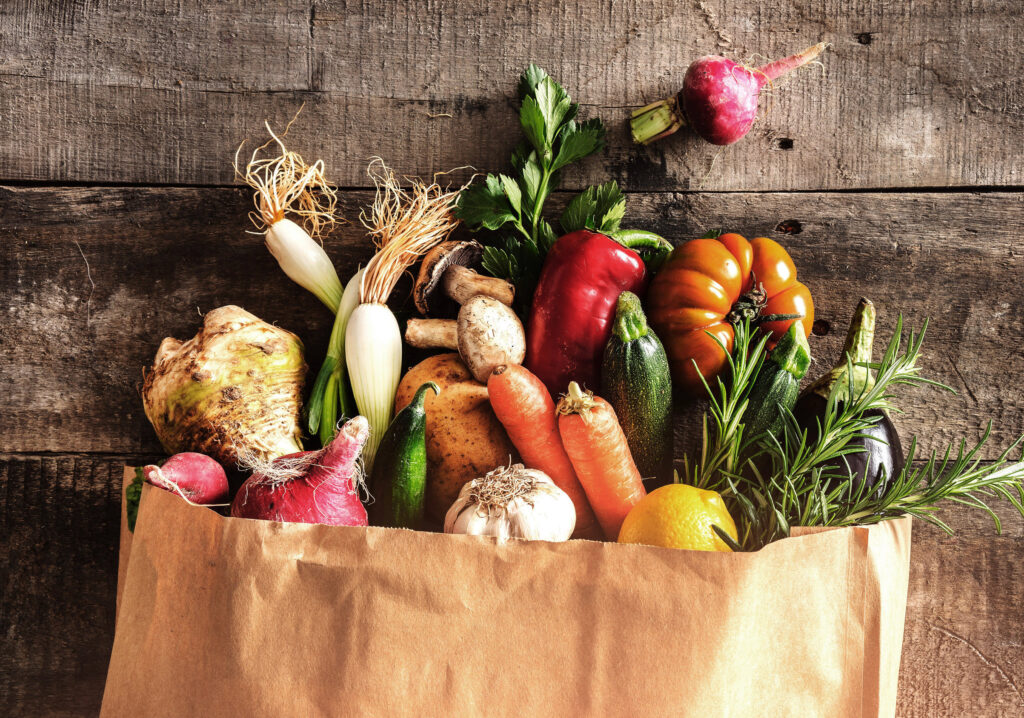
Up your polyphenol intake
Increasing your polyphenol intake is a good way to improve your gut health. Polyphenols are a type of plant nutrient with antioxidant and anti-inflammatory benefits, which also help to feed our good gut bacteria. They are found in brightly coloured vegetables, berries, nuts, seeds, tea, coffee, dark chocolate, legumes and olive oil.

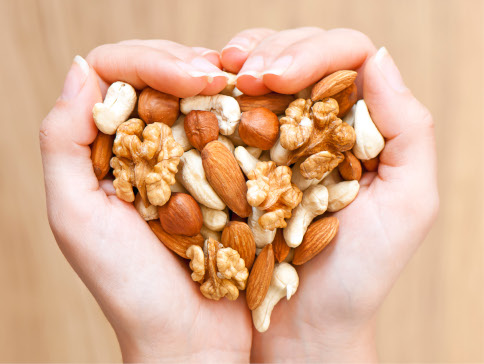
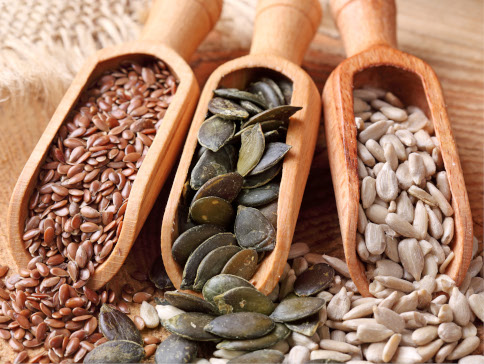
Consume more fibre
Upping your fibre intake will also help your gut to feel happier and healthier. We should be eating 30g of fibre per day but most of us aren’t managing this. Fibre feeds our gut bacteria and also helps to prevent constipation. Good sources of fibre include fruit and vegetables (with their skins on), whole grains, nuts, seeds and legumes.
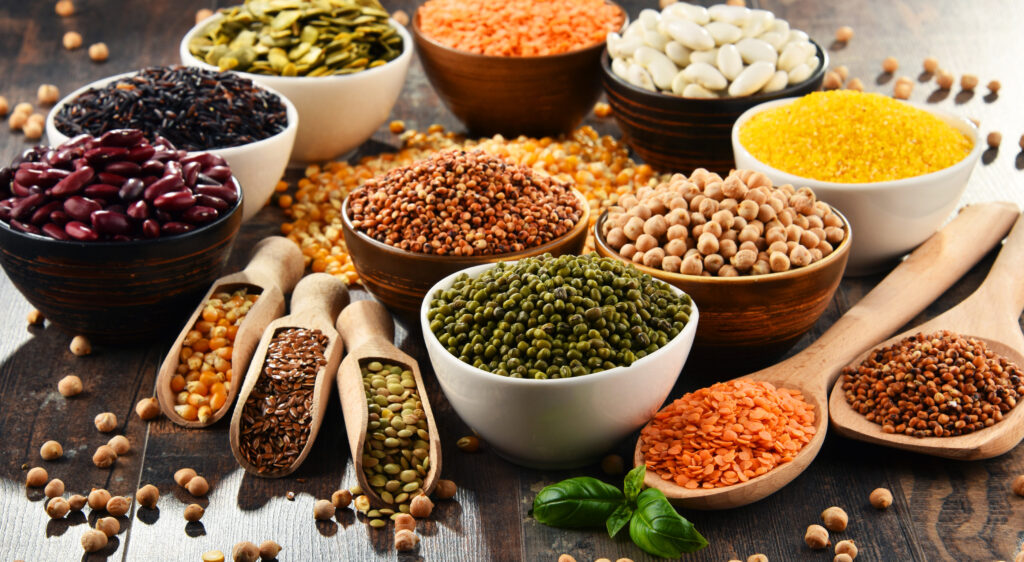
Probiotics
Probiotics contain live bacteria and yeasts that are needed for a happy and healthy gut. They can be taken in the form of supplements, but they are also found in many fermented foods and drinks such as kombucha, sauerkraut, tempeh and miso. Here are some probiotic food sources that you can make at home.
Yogurt
Yogurt is one of the simplest probiotic foods to include in your diet. It’s made from milk fermented by friendly bacteria and can be made with any type of milk. Yogurt is rich in calcium and protein and can be made at home quite simply. It involves heating the milk, adding a yogurt starter, which is the source of the good bacteria, and then allowing the milk to incubate for seven to nine hours. It makes a great topping for granola at breakfast or for fresh fruit as a healthy dessert.
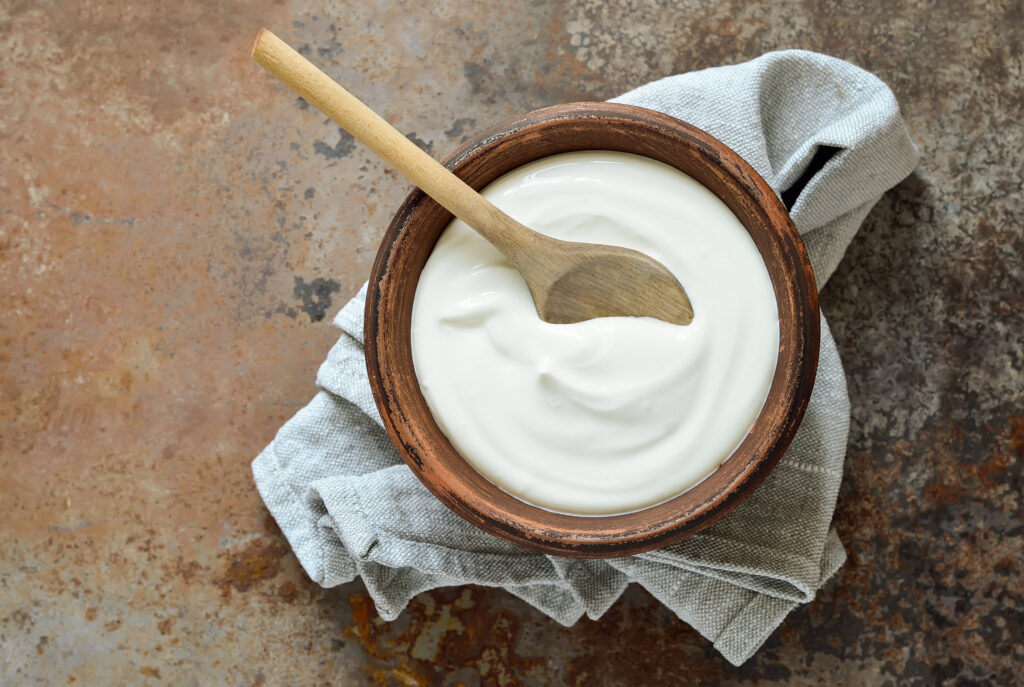
Kefir
Kefir is a drink made from fermented cow’s, goat’s or sheep’s milk. It can also be made using non-dairy drinks and water as a base. It contains several strains of friendly bacteria and yeast, making it a great probiotic to add to your diet. Here is a link to a simple recipe for making it at home using kefir grains and either cow’s or goat’s milk. It can be added to smoothies, used to make ice cream or added to granola, among other things.
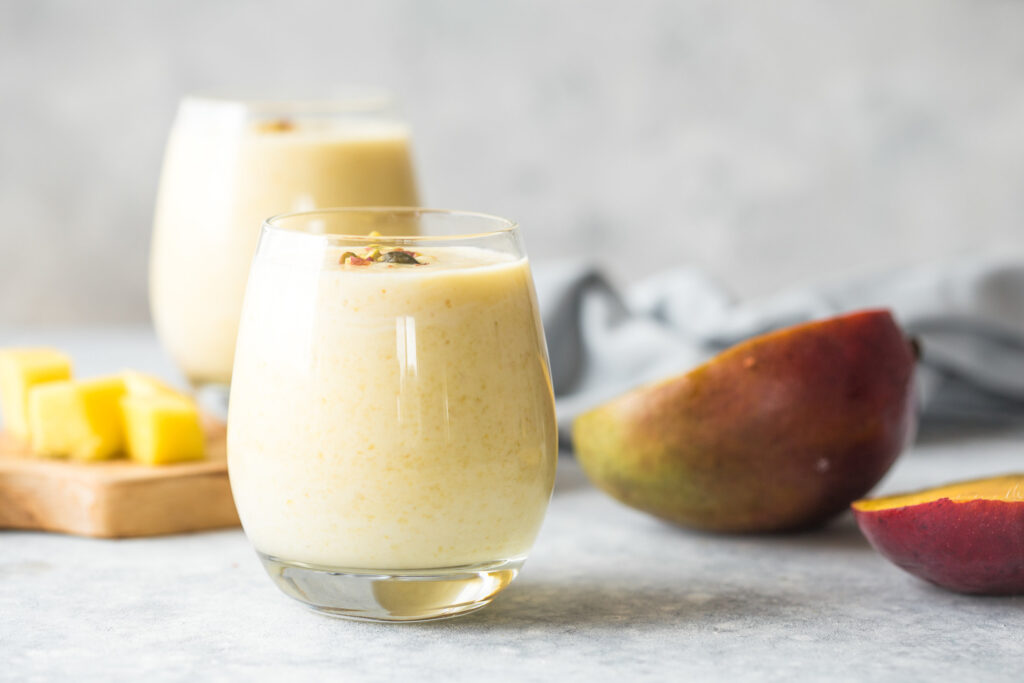
Kimchi
Made from fermented cabbage and spices, kimchi is a popular Korean dish which can easily be made at home. Here is a link to our simple recipe. Kimchi is a rich source of the gut-friendly bacterium, Lactobacillus which has been shown to help the symptoms of Irritable Bowel Syndrome.

Prebiotics
Prebiotics are foods that help to feed our good gut bacteria and help them to flourish, which means that they are an important part of any gut-friendly diet. Here are some examples of prebiotic foods to add to your shopping list.
Garlic helps the growth of the beneficial bacteria Bifidobacteria in the gut. Asparagus is a rich source of inulin, a soluble fibre which feeds the friendly gut bacteria. Onions are rich in inulin and fructooligosaccharides (FOS), which support the gut flora. Bananas are high in fibre and also contain inulin. Oats are rich in beta-glucan fibre and also contain resistant starch, which has prebiotic effects. Apples contain pectin, a kind of soluble fibre, which again has prebiotic qualities.
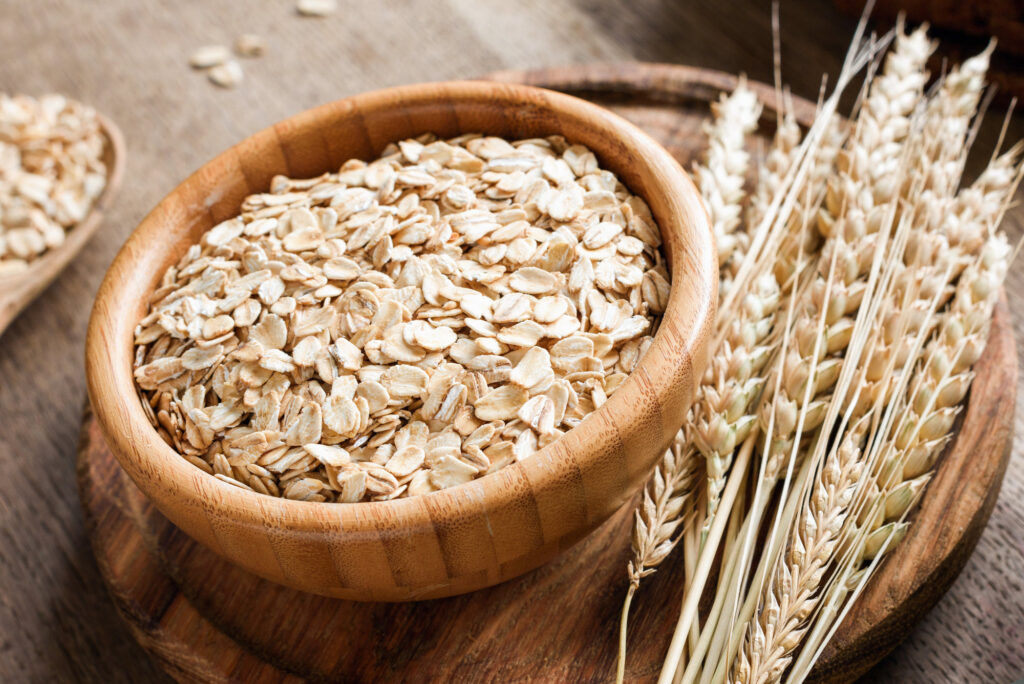
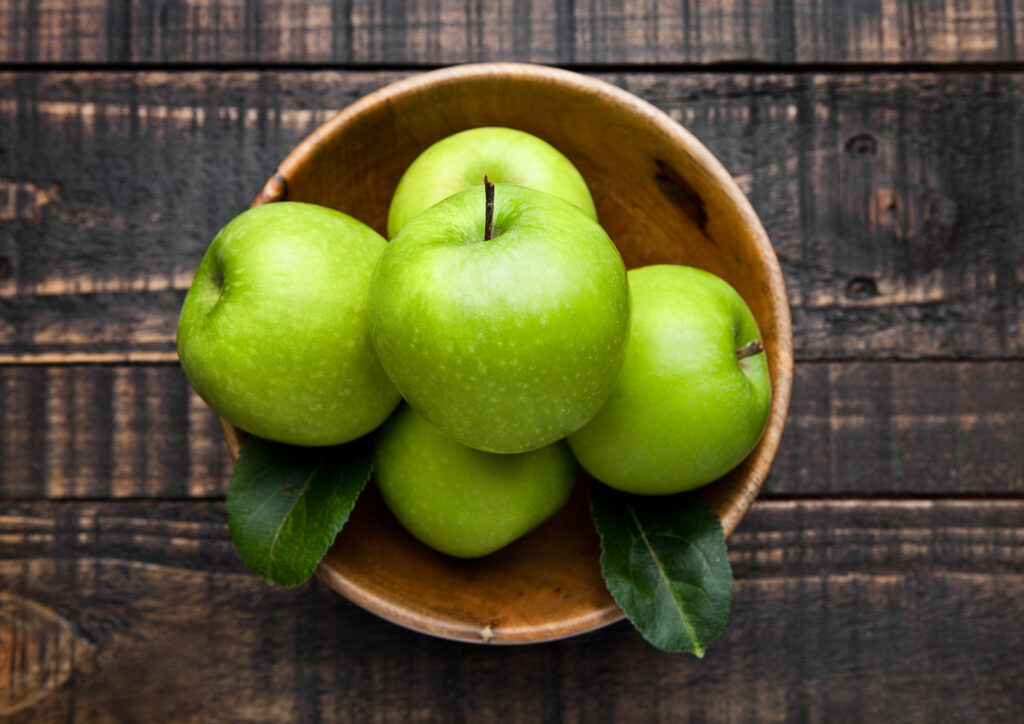
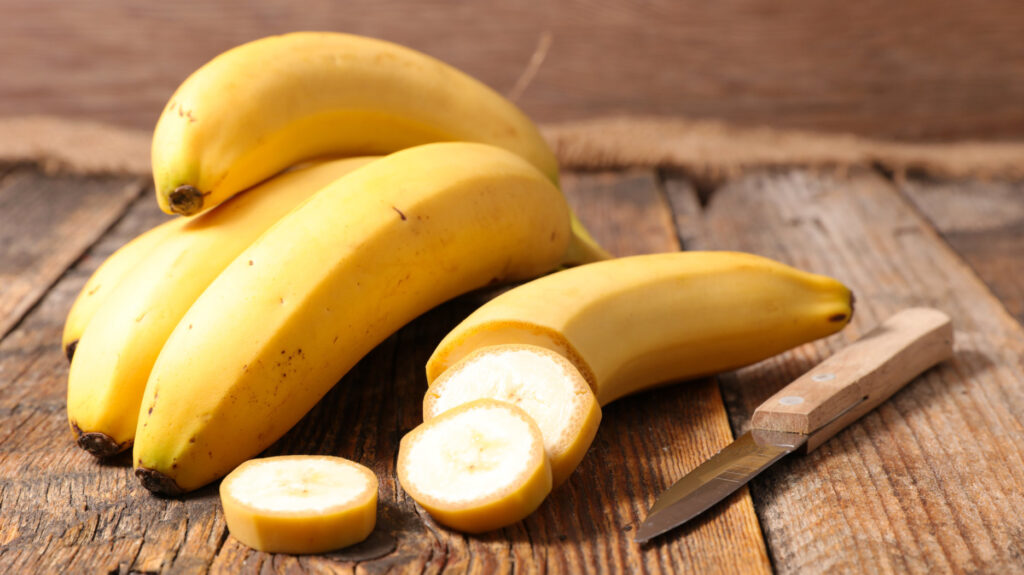
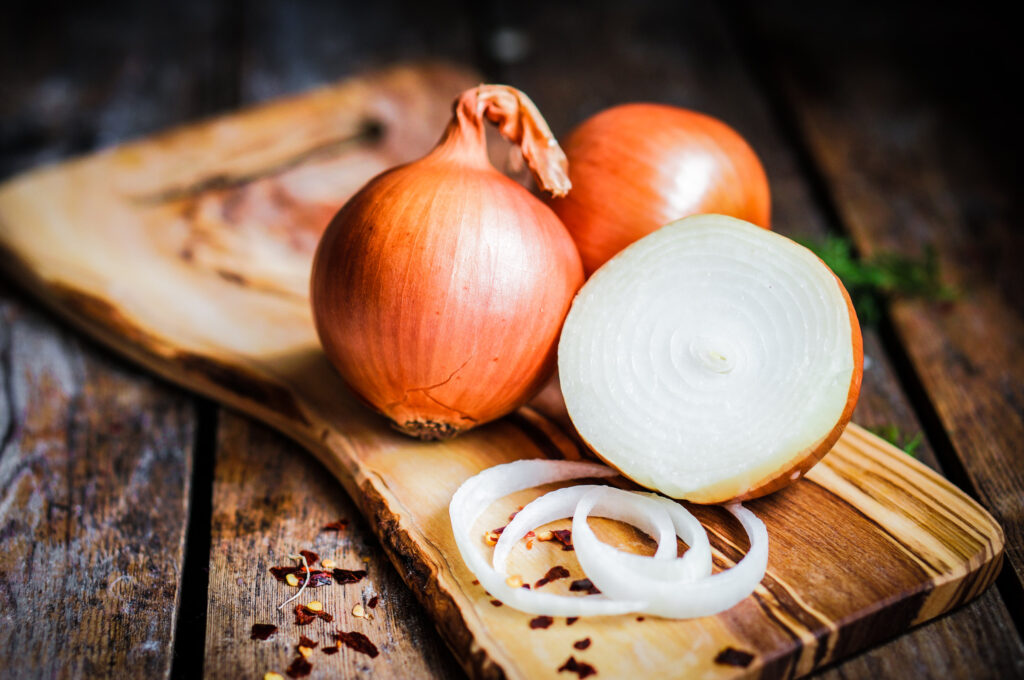
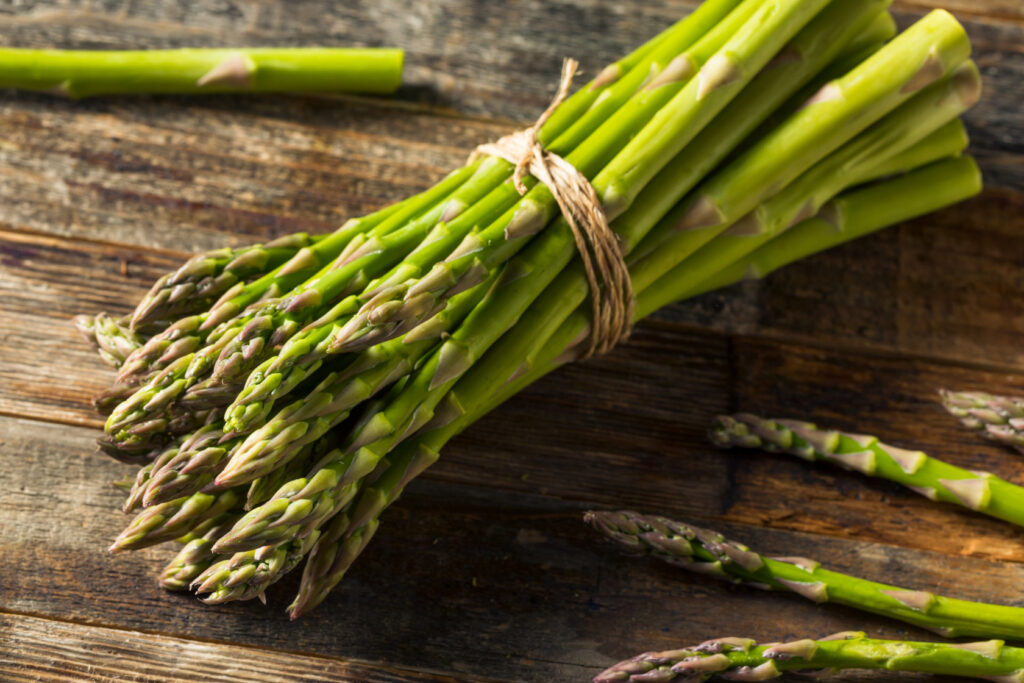
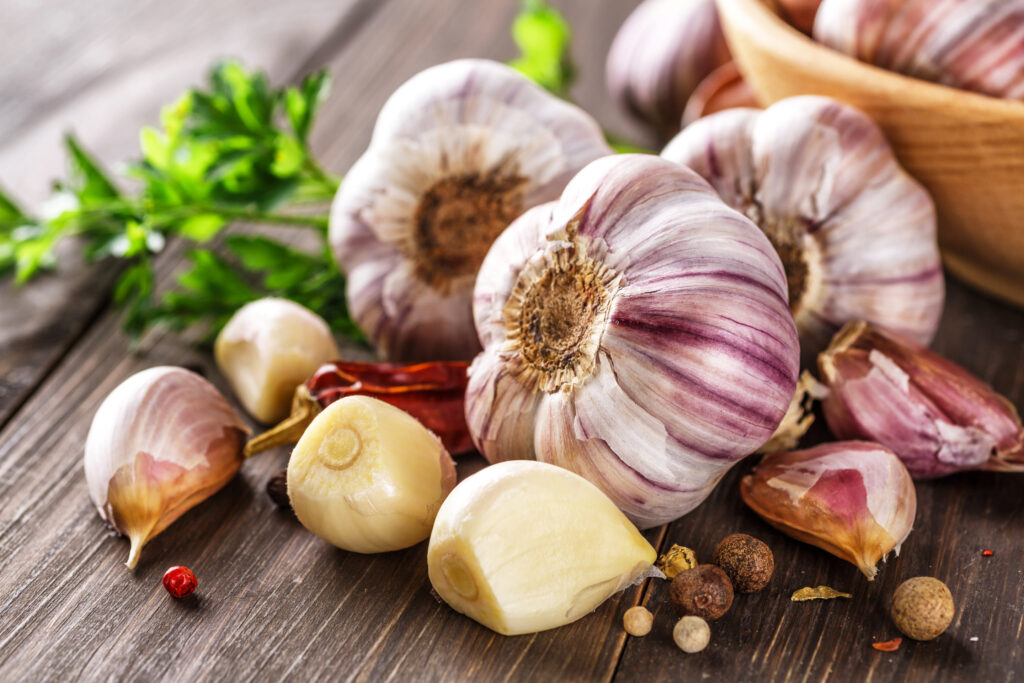
Lifestyle changes
Here are some lifestyle changes that are easy to implement and which could help to improve the health of your gut.
Take steps to tackle your stress
Stress can negatively impact the health of your gut, so take steps to reduce stress in whatever way works for you. This could be by practising yoga, meditation or mindfulness. Or spending time in nature, cuddling your pet or listening to relaxing music. If stress is affecting your sleep, this could also have a negative effect on your gut, as studies have shown. Just two days of sleep deprivation can alter the composition of the gut flora and increase the amount of unfriendly bacteria.

Reduce your alcohol consumption
That glass of wine in the evening might be something you associate with relaxation, but unfortunately it’s not good news for your gut. Research has shown that excessive alcohol consumption can have a negative effect on the microbiome. It can cause inflammation of the gut, resulting in the wall of the gut lining becoming more permeable. Chronic alcohol consumption may lead to dysbiosis and bacterial overgrowth. Why not try swapping your regular glass of wine for a non-alcoholic version? There are plenty of delicious alternatives to choose from.
Here are a selection of delicious alcohol-free alternatives available to buy at Real Foods.


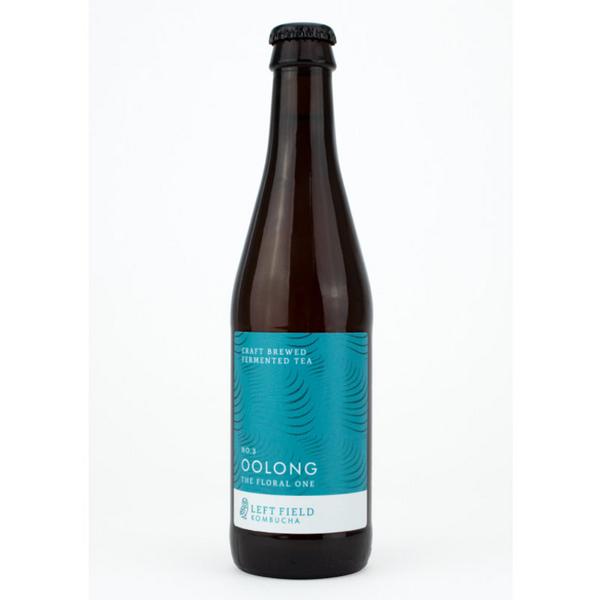
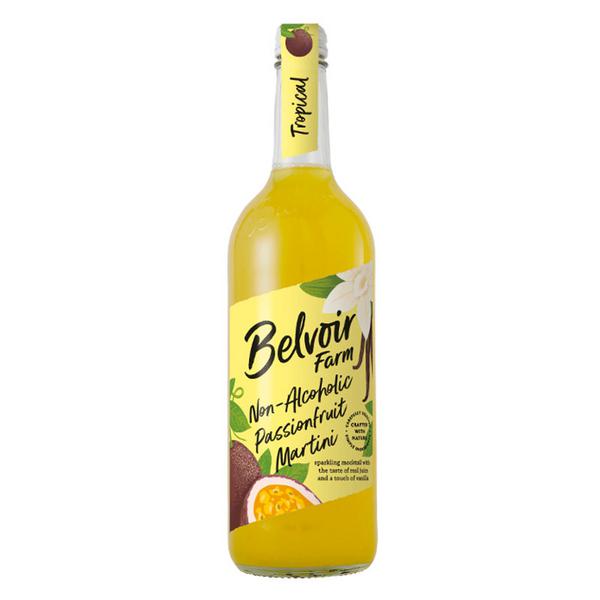




Get more active
Physical activity is not only good for the body and the mind, but also the gut. Evidence suggests that exercise may help to improve gut health by altering the composition of the gut bacteria. One particular study showed that 18 to 32 minutes of aerobic exercise, plus resistance training three times a week for a total of eight weeks, could positively improve gut health.

Chew your food well
Chewing is an important part of the digestive process. If we fail to chew our food properly our stomachs have to work extra hard to process and break down the foods we eat. In turn, this can lead to symptoms such as acid reflux, indigestion and bloating. What’s more, the process of chewing enables the digestive enzymes in our mouths to break down the food. Ideally, you should chew your food 20 to 30 times before swallowing to allow this process to take place – and to make life easier for your gut.

So to summarise, good gut health is essential for optimal health and wellbeing. Eating more fibre, increasing our prebiotic and probiotic food intake, taking steps to reduce stress and exercising more are all easily achievable ways of improving our gut health. Follow these simple steps and your gut will thank you for it!







